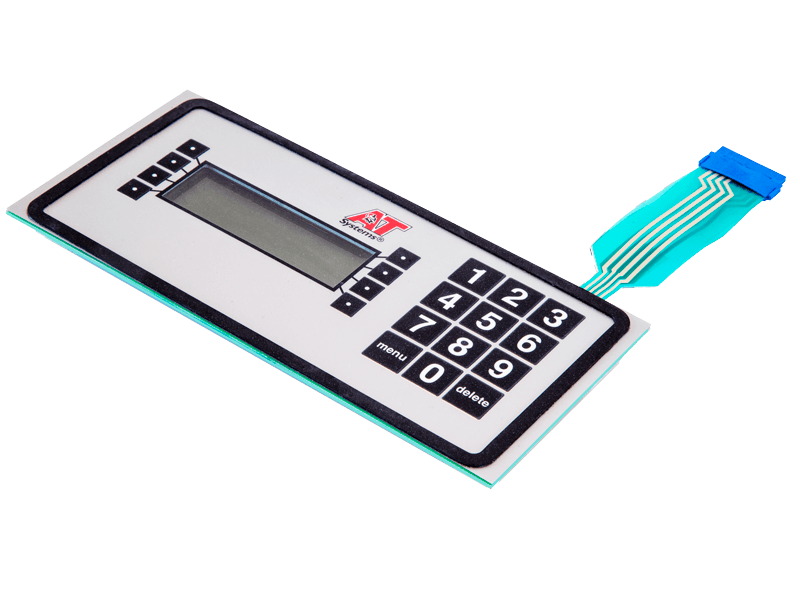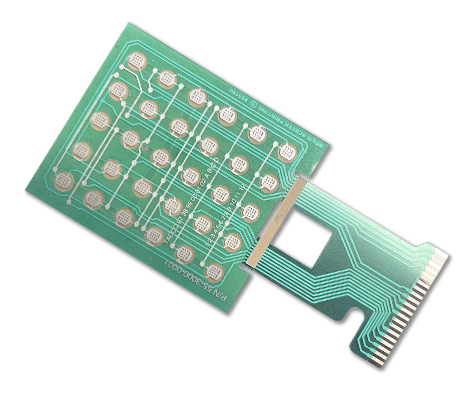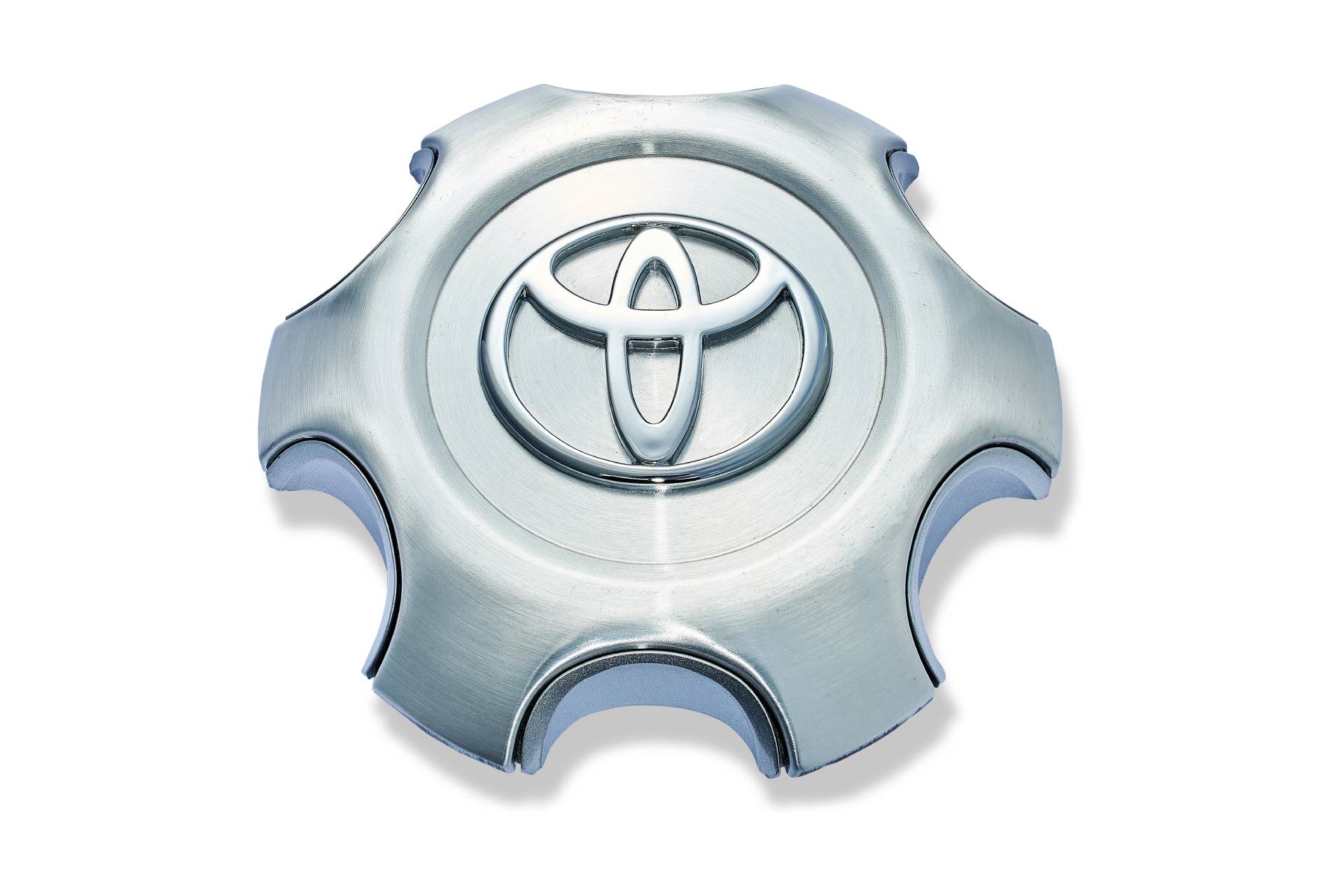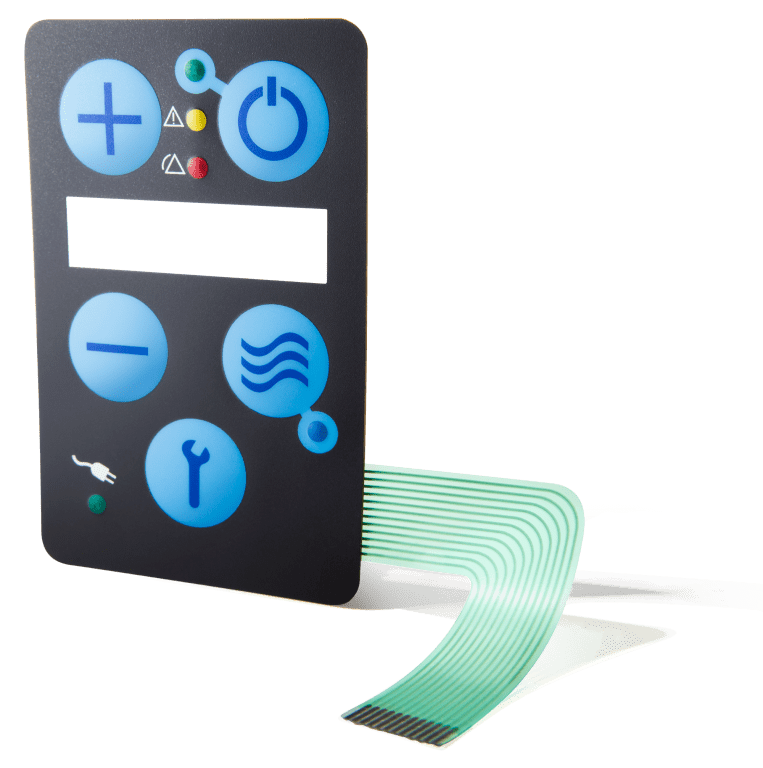How Membrane Switches Are Designed for Easy Maintenance and Repair
How Membrane Switches Are Designed for Easy Maintenance and Repair
Blog Article
Understanding the Significance of Membrane Switches in User Interfaces
Membrane switches are essential parts in the style of effective user interfaces, promoting not only functionality yet also boosting visual charm and user communication. As we explore the future patterns and numerous benefits associated with Membrane technology, it comes to be clear that these buttons are a lot more than just components; they represent a convergence of advancement and usefulness.
What Are Membrane Switches?

The spacer layer, which contains glue buildings, permits for the separation of the circuit layer from the overlay, guaranteeing that the switch stays in a non-activated state up until pushed. When stress is put on the overlay, it presses the spacer layer, connecting the void and completing the circuit in the underlying layer. This design not only decreases the physical area needed for conventional mechanical switches yet also boosts the sturdiness of the tool, as Membrane switches are normally immune to dust, dampness, and various other ecological variables.
Generally located in applications varying from consumer electronics to clinical tools, Membrane buttons are integral to modern-day innovation, offering a straightforward and efficient user interface that aligns with modern design needs.
Advantages of Membrane Buttons
While countless switch innovations exist, Membrane Switches deal distinct advantages that make them specifically preferable in numerous applications. Among the primary advantages of Membrane switches is their compact layout, which permits space-saving executions in tools where property is restricted. Their thin profile not only enhances visual charm however likewise promotes lightweight building.
An additional significant benefit is their resistance to environmental variables. Membrane switches are commonly sealed against dampness, dirt, and contaminants, making them suitable for use popular settings, such as medical tools and commercial tools. This longevity extends the lifespan of the switch, reducing upkeep costs and boosting integrity.
Furthermore, Membrane buttons can be customized to fulfill certain layout demands, including one-of-a-kind graphics and colors that enhance user interaction. Their tactile feedback choices can additionally be tailored to offer a gratifying customer experience. Additionally, Membrane buttons are cost-effective, particularly in high-volume applications, as they can be produced successfully.
Applications in Various Industries

In the customer electronics market, Membrane buttons prevail in tools pop over to these guys such as microwaves, cleaning equipments, and push-button controls. Their responsive comments and visual choices boost user experience while offering a streamlined, modern look. Additionally, auto manufacturers make use of Membrane buttons in control panel controls and infotainment systems, where area is restricted, and user involvement is vital.
Moreover, the industrial sector leverages Membrane buttons in control panels for machinery and equipment, enabling user-friendly procedure in often harsh settings. Their resistance to chemicals and wetness guarantees durability and dependability in these applications. Overall, the adaptability of Membrane Switches adds substantially to their prevalent usage, making them vital in various technological domains.
Style Considerations for Membrane Buttons

When making Membrane buttons, numerous crucial factors to consider need to be taken into account to make sure optimal performance and customer experience. Firstly, the selection of materials is important; picking long lasting, top quality substrates can improve the switch's durability and resistance to environmental elements such as moisture and temperature level changes.
Second of all, the design of the graphic overlay must focus on clarity and ease of use. Symbols and message have to be clear, and the design needs to assist in instinctive communication (membrane switches). Furthermore, tactile responses is crucial; integrating a tactile dome or various other devices can enhance the user experience by offering physical verification of activation
Another vital element is the switch's electric efficiency. Developers need to guarantee that the conductive traces are correctly made to lessen resistance and prevent signal disturbance. This entails analyzing the needed actuation force and making certain compatibility with the electronic parts they will interface with.

Future Fads in Membrane Modern Technology
As technology continues to breakthrough, Membrane switches are positioned to evolve considerably, driven by developments in materials and making techniques. One arising pattern is the consolidation of innovative materials, such as adaptable substratums and conductive inks, which boost sturdiness and decrease the total weight of Membrane buttons. These products not just enhance the tactile response however likewise allow for the style of buttons that can hold up against harsher ecological conditions.
Moreover, the assimilation of touch-sensitive modern technologies is changing conventional Membrane Switches right into more interactive individual interfaces. Capacitive touch sensing units installed within Membrane button panels can give a much more intuitive and responsive user experience, straightening with the growing need for sleek, contemporary designs in customer electronics.
Furthermore, advancements in printing methods, such as electronic and 3D printing, make it possible for rapid prototyping and modification of Membrane switches. This flexibility permits manufacturers to react faster to market top article needs and customer this link preferences.
Finally, sustainability is ending up being a substantial focus, with makers discovering green products and processes. As these fads unravel, the future of Membrane technology assures enhanced performance, visual charm, and environmental obligation, solidifying their role in advanced interface across different markets.
Final Thought
In final thought, Membrane Switches represent an important element in the design of user interfaces, incorporating functionality with visual flexibility. As developments in technology proceed, the development of Membrane switches is expected to more refine individual interfaces, driving innovation and enhancing functionality in a progressively intricate technical landscape.
Membrane switches are important parts in the layout of reliable individual interfaces, helping with not just performance but also improving visual allure and user interaction.Membrane Switches serve as a vital element in various customer interfaces, promoting a seamless interaction between users and electronic gadgets.While countless switch innovations exist, Membrane Switches offer distinctive benefits that make them especially preferable in numerous applications.In addition, Membrane buttons can be tailored to meet certain layout requirements, including special graphics and colors that boost customer communication.In conclusion, Membrane Switches represent an important part in the layout of individual interfaces, combining functionality with aesthetic flexibility.
Report this page